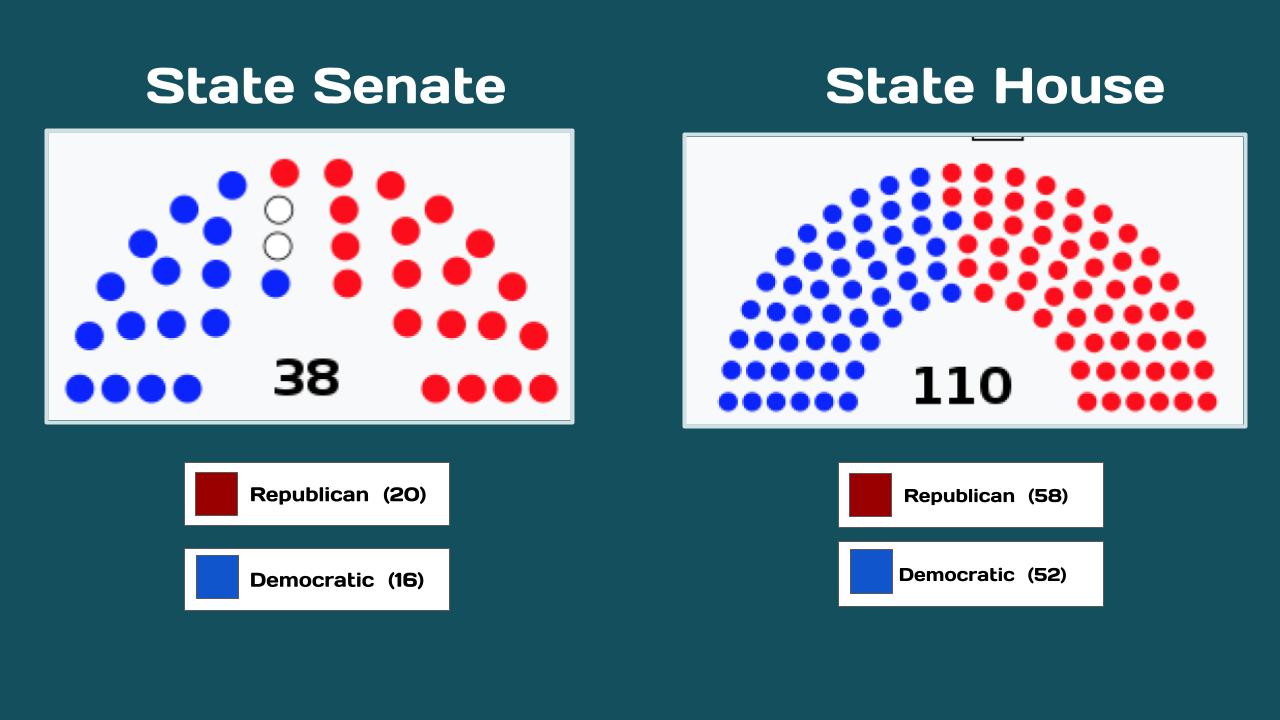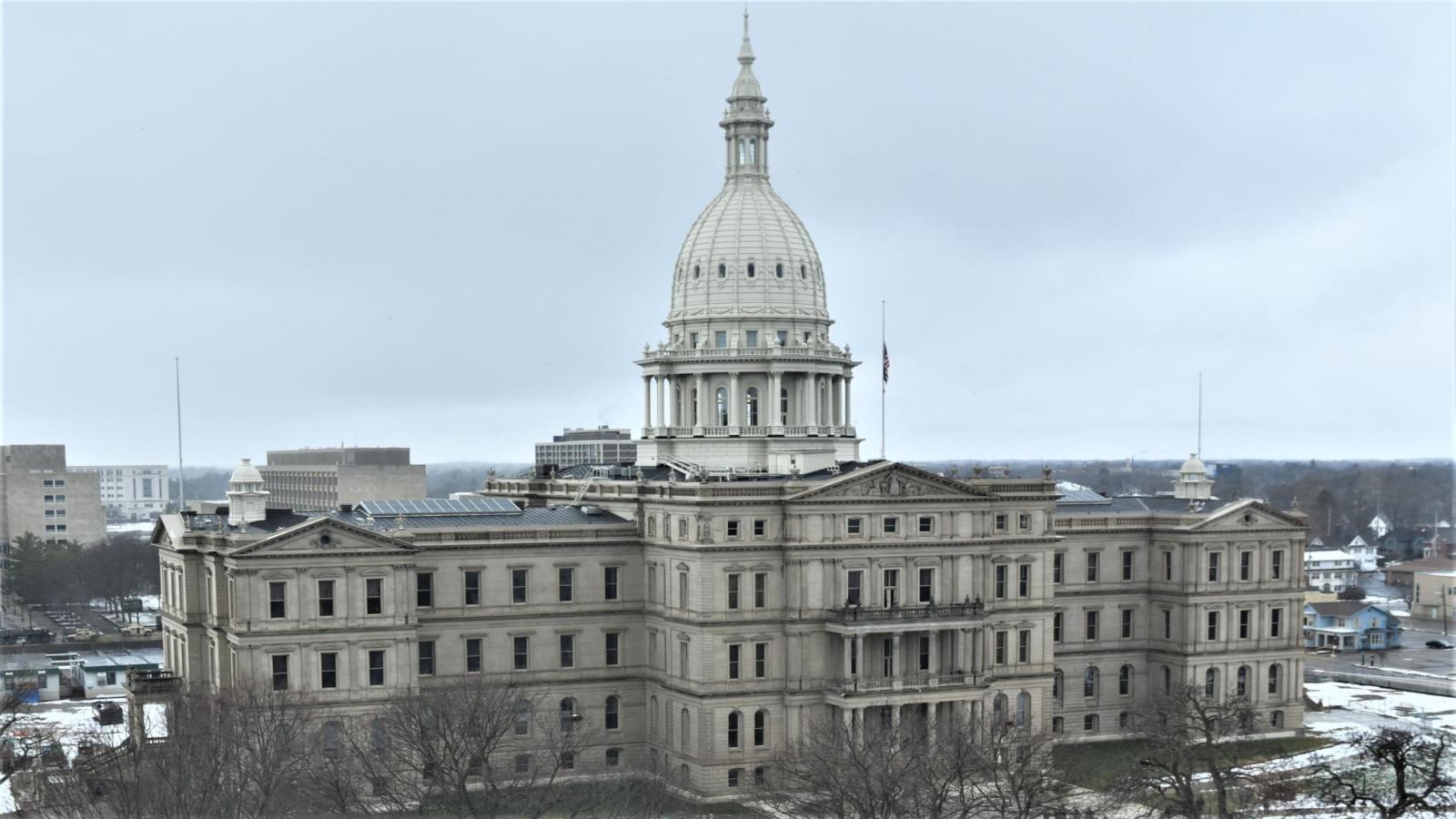The Michigan Legislature is the legislature of the U.S. state of Michigan. It is organized as a bicameral body composed of an upper chamber, the Senate, and a lower chamber, the House of Representatives. Article IV of the Michigan Constitution, adopted in 1963, defines the role of the Legislature and how it is to be constituted.[2] The chief purposes of the Legislature are to enact new laws and amend or repeal existing laws. The Legislature meets in the Capitol building in Lansing.
Source: Wikipedia
OnAir Post: MI Legislature



